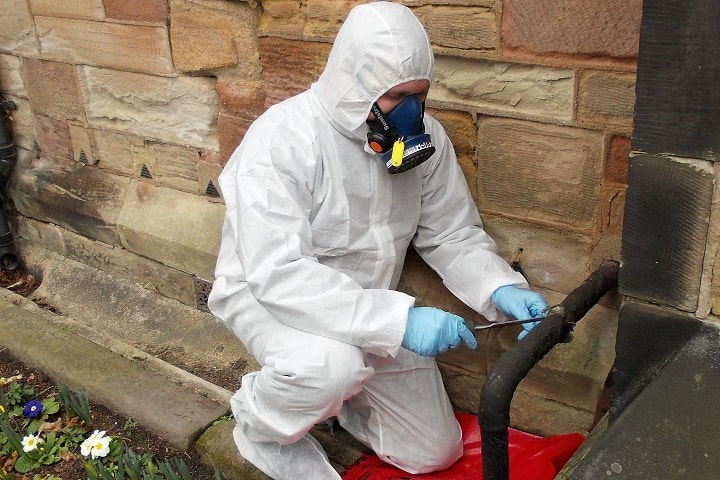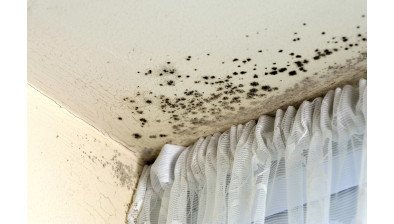England: Social landlord discovers more than 800 entries of incorrect asbestos risk data

A housing association in England has unearthed more than 800 incorrect records on high-risk properties and asbestos, following an investigation by the Housing Ombudsman.
Asbestos was historically often used as a building material for insulation for buildings, boilers and pipes, roofing and flooring tiles and therefore can be found in many homes and buildings. Reports have found up to 1.5 million UK homes may still have asbestos, especially those built before the late 1980s.
The Ombudsman made a series of orders to London and south east-based One Housing following a severe maladministration finding. The finding was in respect to an investigation into its record-keeping for repairs and the presence of asbestos in a resident’s home.
The complaint followed a leak and collapsed ceiling in the resident and her child’s home. Repairs took 14 months and the landlord did not have accurate and up-to-date records about the presence of asbestos in the property. The landlord did not assess the condition of the asbestos and could not evidence that it considered temporarily moving the family.
The Ombudsman’s power to order a review of a landlord’s policy or practice is an intervention that can be used where there could be repeated service failure to other households. The wider order aims to improve services for other residents.
The landlord’s review found over 800 records of incorrect data on its asbestos register. The risk scoring system showed several properties as no-risk where it had no data, when in fact there could be asbestos present. It also showed that some properties had been marked as high-risk on the register, where old data had not been removed.
The review found the inconsistencies in its data had been caused by multiple factors, including external services being brought in-house and its knowledge and information management. This included new information being added without existing records being updated when moving to a new system.
The landlord has now made improvements to its asbestos record keeping and services, including a review of its asbestos safety management plan. It has also produced an operational guidance document and recruited for 2 administrative posts to maintain its asbestos databases and cleansing of records.
Richard Blakeway, Housing Ombudsman, said: “The ceiling collapse caused the resident considerable distress as she worried about her family’s safety given the potential asbestos risk. The landlord failed to recognise this or learn lessons about how it handled events.
“This was a significant missed opportunity as the wider review following our investigation reveals the problems with its records on asbestos were not isolated. This shows the power of learning even from just one complaint.
“This case is a reminder for landlords that when hazards and safety are present within a complaint, landlords should act quickly and inspect these thoroughly.
“It also underscores the importance of knowledge and information management, which is so often the foundation to an effective service or complaint response. Our Centre for Learning has resources on how to tackle some of the key issues raised in this wider order, as well as training and workshops to equip social housing landlords with the tools they need to improve.”
A spokesperson for One Housing said: “We want to thank the Ombudsman for bringing this to our attention and welcome this report.
“Riverside merged with One Housing in April 2023 and since then Riverside has implemented their systems and processes in relation to asbestos management.
“We are very sorry for the distress caused to our customer following a leak and a collapsed ceiling and for the repair handling, asbestos record keeping, and complaint handling.
“In this case, we undertook a detailed investigation and a lessons learnt review. We revisited it six months later to make sure the key learning points were being implemented.”
Since the Ombudsman’s investigation, One Housing has introduced important improvements which included:
- improving asbestos record keeping and reviewing asbestos safety management plan
- increasing the capacity of the asbestos management team to review records and cleanse and remove any incorrect historical data – this ensures the database is accurate and residents are not given incorrect information relating to their home
- reviewing the current practice of placing sole responsibility on a customer to rebook an appointment
- clearly explaining the process to customers in relation to the purpose of visits and what the landlord will do and provide a timeline for the works
- reviewing and making changes to the compensation policy.







